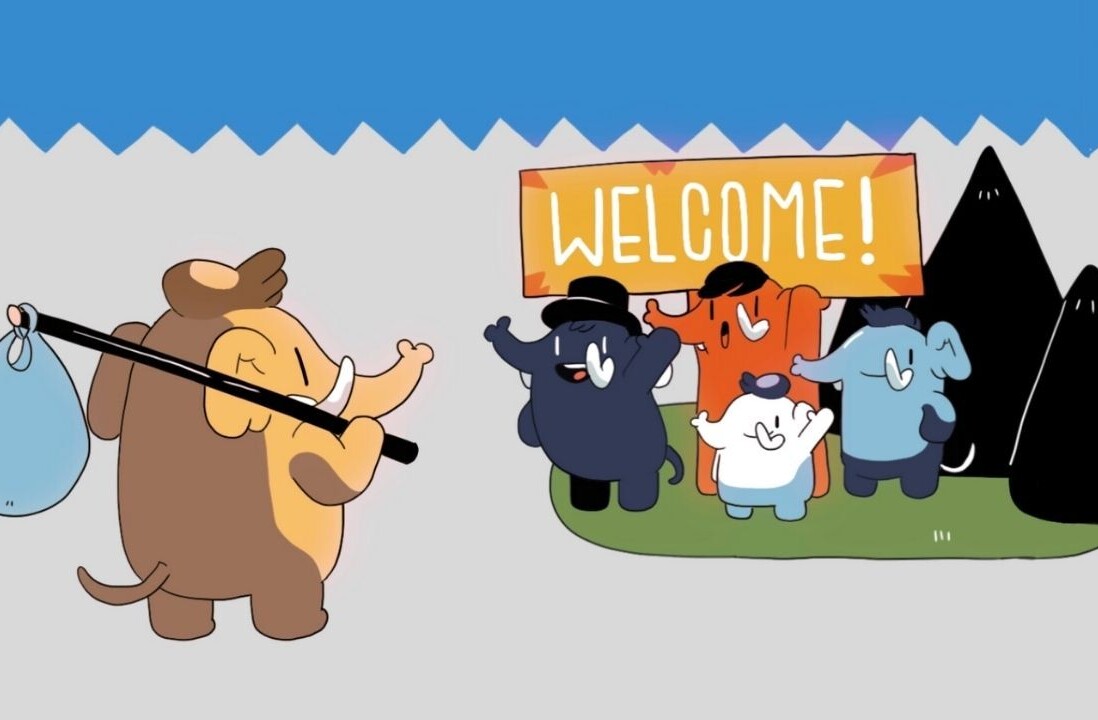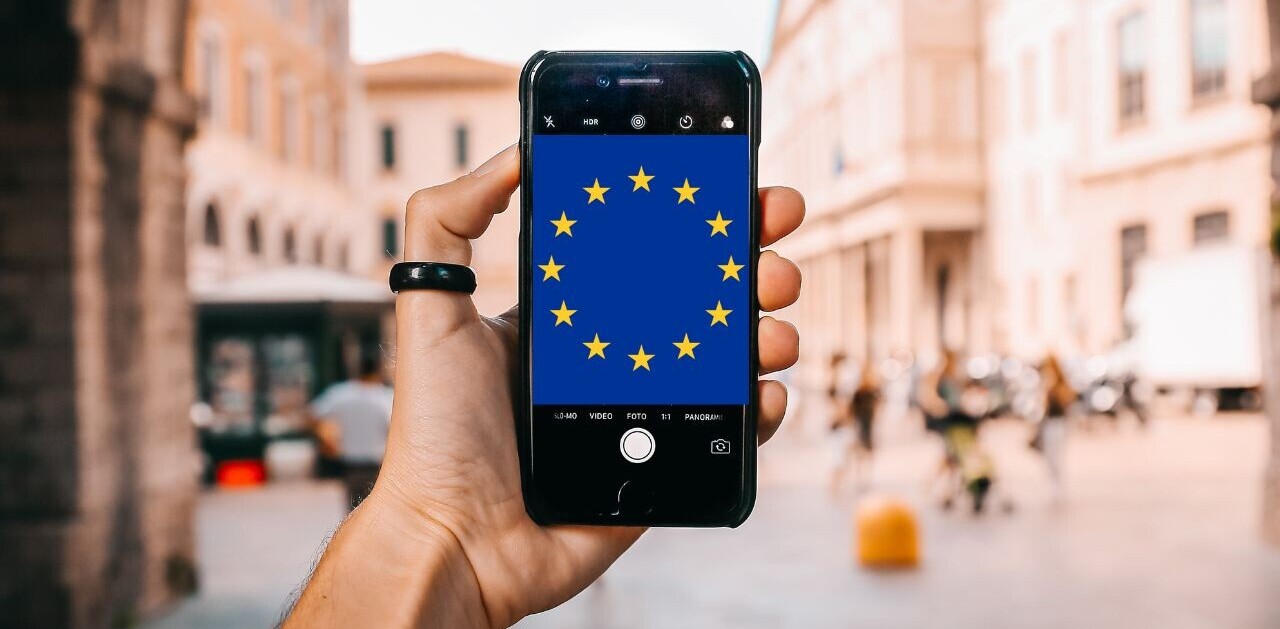
As the world becomes increasingly connected, many Internet companies are seeking to deepen their appeal in more markets — and conventional wisdom suggests that the easiest way to go about it is slap on a different language to the service and sign a few local partnerships.
After all, who would know better than the local companies that already have a presence in the specific markets?
There’s much more to it, however, as Edith Yeung, VP of Business Development for Dolphin Browser, tells TNW. She would know — she has been to 12 countries in 12 months as she seeks to increase Dolphin’s international presence. And why is she perpetually on the ground? She speaks to TNW about how important it is to speak to locals, not companies, in order to adapt a product to various nuances that are determined by differences in culture.
Lessons learnt from China
Yeung says that she learnt her lessons about adapting Dolphin to different markets from heading into China.
Dolphin Browser was started in the US back in 2010. After a year and a half, the team behind Dolphin decided to launch a Chinese version. However, the attempt reaped disappointing results, only drawing early adopters. “After six months, we asked: what’s going on, why couldn’t we repeat what we did in the US?” Yeung says.
Eventually, what Yeung did was send Dolphin’s team in China out to speak to as many people as possible. She explains:
We have a very large team in China, so (we sent) that team to talk to taxi drivers, cleaners, people who are selling at food stands. Basically we said: hey show us your phone, what do you use? And we learnt a lot from this.
These lessons helped her and the team realize that non-Chinese have an extremely hard time going to China. It’s not only about introducing the Chinese language to a product or a service. There are a lot more factors involved.
One of them is that Google Play was extremely late in entering China, so the distribution channel that the rest of the world is used to for Android devices simply doesn’t apply there. It is also difficult to track trends in mobile apps, as Chinese mobile customers are 50 percent post-paid and 50 percent pre-paid. Pre-paid users just buy a SIM card and operators will not know who these people are. They also tend to jail-break their phones. So basically, their way of accessing apps, how many apps, and which ones are popular are virtually unknown to people outside of China.
With all these intersecting factors, Yeung says there is a huge amount going on behind the scenes to drive the success of your product or service:
It’s the little nuances in the way you do distribution, the way you do partnerships…The cultural understanding.
I think I like to call it not localization — because we did it and it didn’t work, and it’s good enough just for some spike in installs when people search in Chinese and find it.
But when they really use it, that little nuance of user experience just doesn’t feel right. For us, we don’t want that (hesitation), we want to eliminate that.
This is exactly the reason why Dolphin recently announced it has teamed up with search engines in China, Japan, Russia and the US, as it seeks to appeal to more local users with a familiar touch — and also as search engines give a more holistic overview of what consumers are looking for (via search terms).
Southeast Asia is made up of several unique countries
In fact, because Yeung knows how difficult it is to adapt to the nuances in different cultures, even Southeast Asia is a region that she does not generalize and lump the many countries together as one. Many companies like to hire an overall person-in-charge in Singapore to cover the region, but Yeung notes that she has started off by recently hiring individuals in Indonesia and Vietnam.
She explains further:
A lot of foreign companies will hire a person here in Singapore and that person will do everything (in the region) but as I went to all these countries, I realize even if I hire this person from Singapore they still have to fly, and still have to learn.
Singapore is so advanced (very different from neighboring countries). I realize if we really want to expand in Southeast Asia, we still have to hire local people in those markets.
The average Singaporean perhaps, would never know of the existence of a forum called Kaskus in Indonesia, which is popular and highly influential among young locals because it is sometimes politically incorrect, especially in lashing out against traditional rival Malaysia.
In Vietnam, Yeung also found out via a user event that the Vietnamese were especially enthusiastic about Dolphin providing 100 percent access to Facebook — unlike in the US where “people like all these gadgety stuff (of) gestures and voice” — as apparently the Facebook app works intermittently, likely due to selective censorship by the government.
Dolphin has not delivered the Facebook experience yet in Vietnam, but Yeung says they are working on it and treating it as the number one priority.
Basically, Yeung notes: “If you don’t talk to the locals you will never know.”
The anti-Google alliance
Being so involved at the grassroots level is something that Dolphin badly needs to do as it seeks to stand out in the browser market.
“By accident, we did everything anti-Google,” Yeung says. She explains:
For Chrome, it’s hard for us to compete – it’s Google after all. So we said fine, you’re strong in US and Europe, but you’re not strong in China, Russia, most of the developing countries.
They’re strong in search but Chrome is too geeky, so if you talk to the farmers they don’t know what’s Chrome – they can’t even pronounce it! So we come in as Dolphin – everyone knows what’s a dolphin, it’s a cute animal. So they say what is that and they want to figure it out.
Of course we have our own strategy (after that).
The strategy after that continues its anti-Google stance — basically Dolphin partners with every single developer that Google will not parter. For example, Dolphin integrates with Evernote, while Google already has Google Keep and will not do so. The tech giant also does not need to partner with Dropbox because it has Google Drive. Yeung says: “We’re building this alliance with fellow developers, and we have our own niche and focus.”
However, what Dolphin needs to watch out for now is competition heating up in the alternative browser market. To name a few, Opera Software, China’s UC Web Browser, Firefox and even Ubuntu are all jostling for a share of the audience in countries that are increasingly accessing the Internet via their mobiles first, and realizing that default Android browsers are not satisfactory.
Yeung admits that Dolphin is not number one right now, and she is fine with it, as it takes time to work toward being more relevant to locals.
Dolphin’s competitors may also have their specific weaknesses when being exported into another country. For example, Yeung notes that Chinese companies tend to face politically sensitive issues with other countries, and as a US company Dolphin manages to avoid that.
This was apparent in Vietnam, where Internet users called for a boycott of Chinese messaging service WeChat due to the two countries’ territorial claims over disputed islands.
Culturalization is the tricky part
Yeung emphasizes: “It should be culturalization, not localization. It’s not about language, it’s about relevant content, relevant search.”
Whether or not Dolphin’s approach works eventually remains to be seen; after all it requires a lot of time and effort and a good eye for employing the right person who can be trusted to carry out tasks in your key target markets.
However, there is much to be said for the persistence of Dolphin in squirming into these nooks and crannies that big tech companies tend to overlook — and consumers in these markets may well thank them for understanding them and catering to their needs by using the browser.
Headline image via Valery Hache/AFP/Getty Images, other images via Getty Images, Getty Images and Getty Images
Get the TNW newsletter
Get the most important tech news in your inbox each week.







